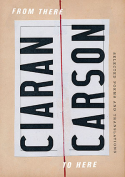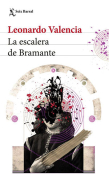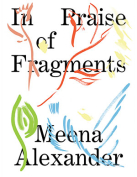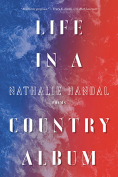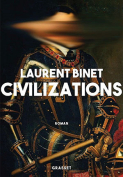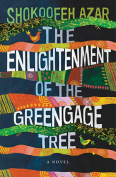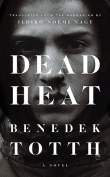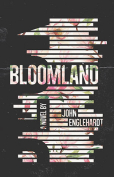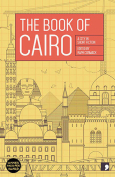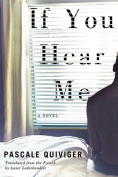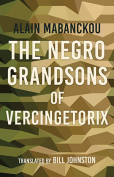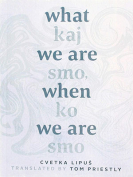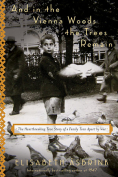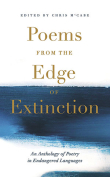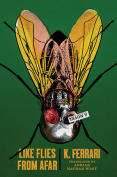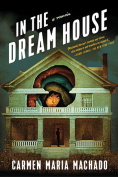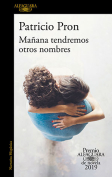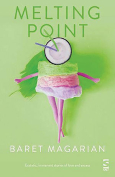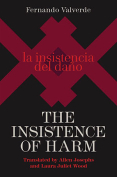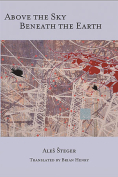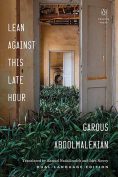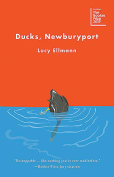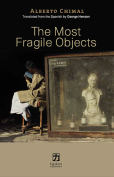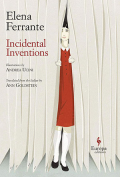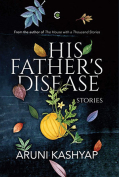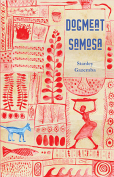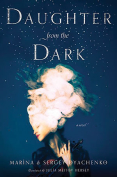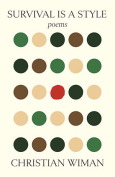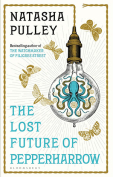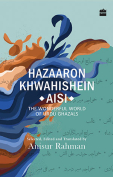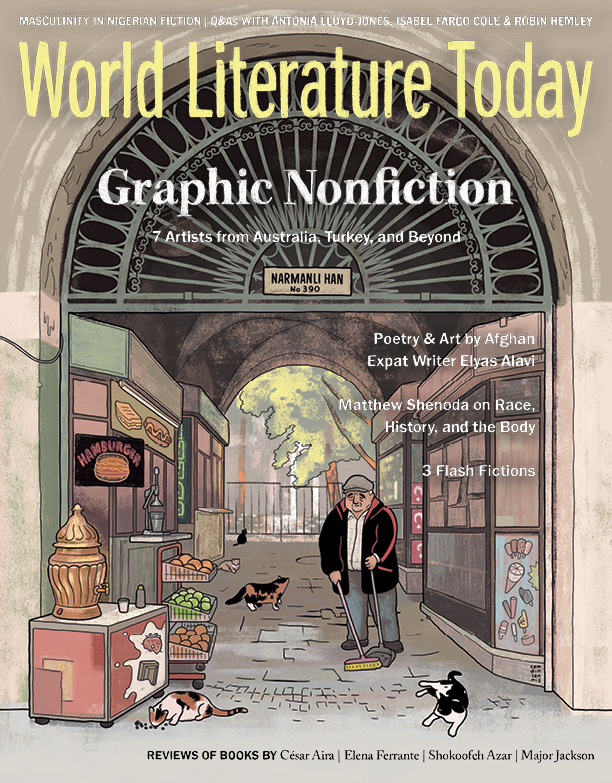In Praise of Fragments by Meena Alexander
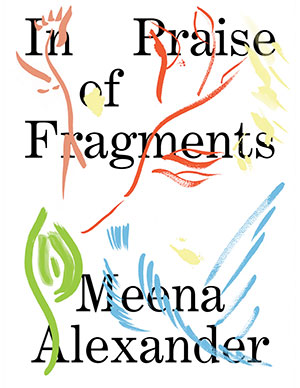 New York. Nightboat Books. 2020. 104 pages.
New York. Nightboat Books. 2020. 104 pages.
The contents of this posthumously published book of poems are presented in four long sequences in the form of notebook jottings, work-in-progress, stray thoughts, and a few formally composed and finished verses. Not all the poems are new since some have been previously published in journals or performed on stage.
Born in Allahabad and raised in Kerala and Sudan, Meena Alexander explores in book after book the trauma of migration and dislocation. As a poet and person, she feels she is “a shadow with two heads. One head in Manhattan and the other in a childhood place that exists inside me.” This book introduces the reader to a new location—Venice. A historical Venice and, specifically, a seventeenth-century Jewish mystic poet, Sarra Copia Sullam (1592–1641), who floats into view to captivate her and is accommodated most naturally in the shifting geography of Alexander’s search for connections. She finds in Sarra a kindred soul, and a whole section of the book is devoted to imagining this poet’s life and work.
Alexander revisits places made familiar to us in her other books. The poems in the section “Grandmother’s Garden” bring a radiant freshness to our memories of the place.
“A Notebook Is Not a Foreign Country” starts with a quote from Basho—“days and months are travelers of eternity”—and grows into twenty-eight haiku-length links. Along the way, she broods on Basho again, “who burnt his house” to get a better view of the moon!
“Hyderabad Notebook” steps into the familiar territory of coffee houses, the university campus (where she spent many years teaching) “stacked with students in stained jeans and kurtas,” pavement booksellers, SIM card and cell phone purveyors, and beedi vendors.
In this book, one notices long lines of prose rather than the poetically shaped verses typical of Alexander’s poetry. But her observations are offered with sharp attention to detail: “stretch marks on the belly of the sky”; “the garden as flesh, as mother space.” After all, the book is called In Praise of Fragments, and there is no denying the power of the resonances that echo through the interplay of memory and the living flesh of her surroundings.
Saleem Peeradina
Siena Heights University
